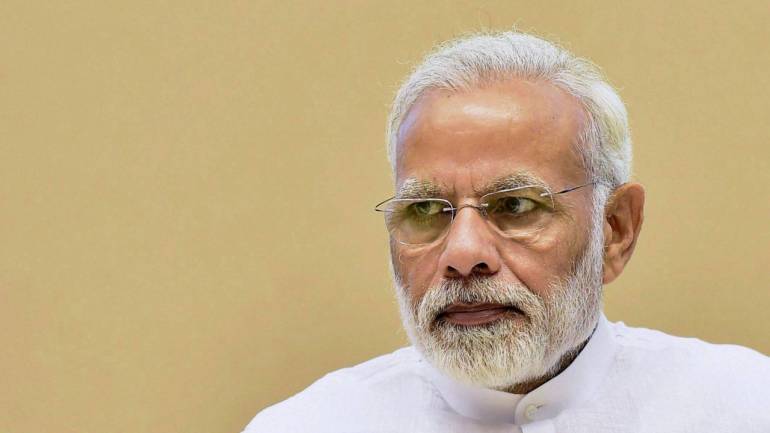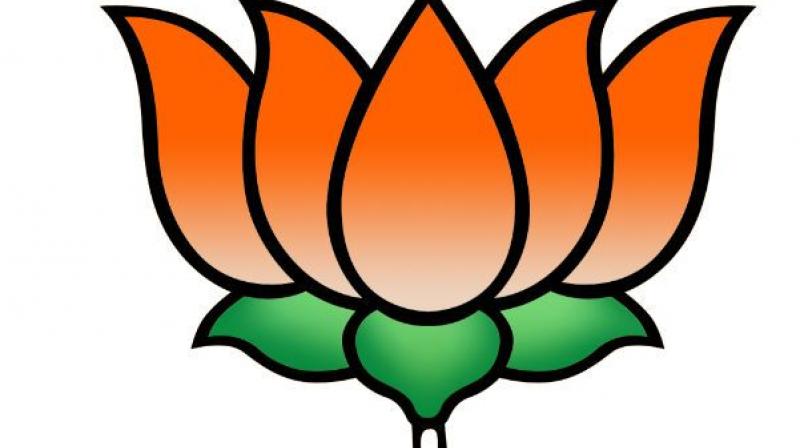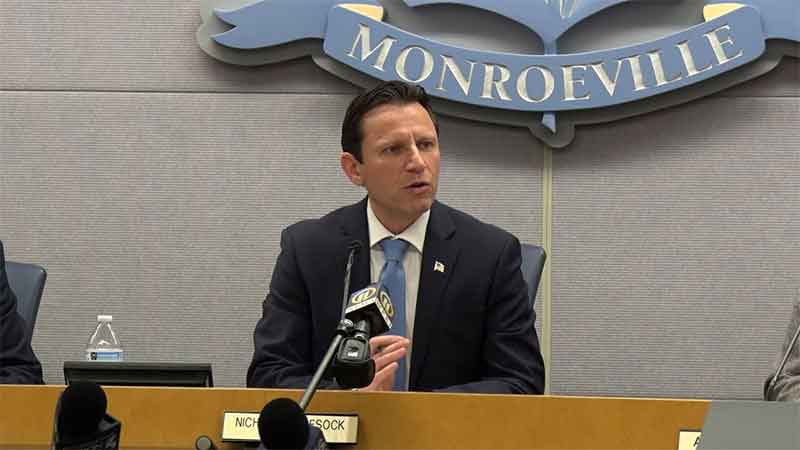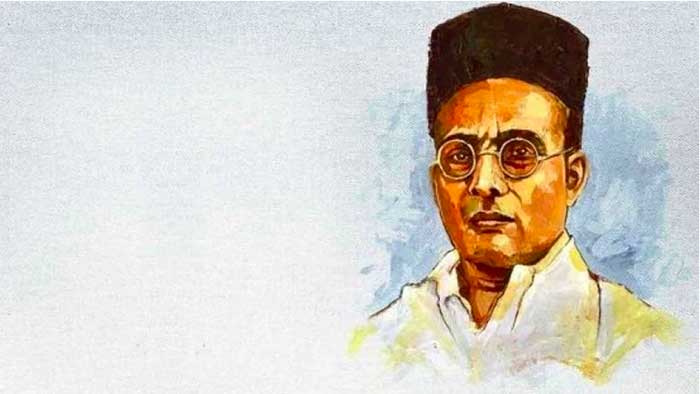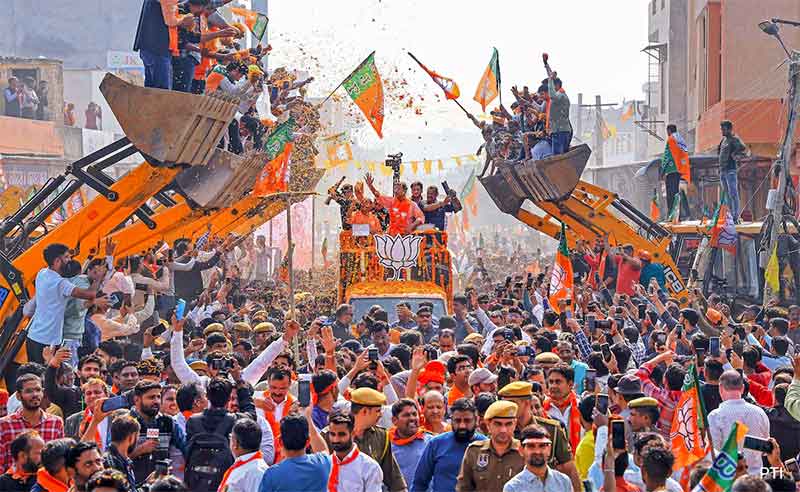
In recent years, there has been growing concern about the direction of Indian democracy, with many questioning whether the country is heading towards a one-party, one-nation scenario. The dominance of the Bharatiya Janata Party (BJP) at the central and state levels, coupled with allegations of targeting opposition parties and leaders, weaponization of central agencies, and manipulation of elections, has raised serious questions about the health of India’s democratic institutions.
India’s recent downgrade to a hybrid regime reflects the global democratic recession and significantly impacts the trend of autocratization worldwide. The trajectory of India’s democratic decline illustrates a modern pattern where democracies erode gradually through legal harassment of opposition, media intimidation, and centralization of executive power. The government under Narendra Modi equates criticism with disloyalty, undermining the legitimacy of opposition. This shift diminishes India’s status as the world’s largest democracy.
Targeting of Opposition Leaders and Parties
One of the hallmarks of a vibrant democracy is the presence of a strong opposition that holds the ruling party accountable. However, in recent years, there have been numerous instances of the BJP government targeting opposition leaders and parties. This targeting often takes the form of political vendettas, with opposition leaders facing baseless allegations and harassment from central agencies like the Enforcement Directorate (ED) and Income Tax department.
In recent times, Modi has targeted political adversaries: Former INC leader Rahul Gandhi faced a conviction last year for defamation, receiving a two-year prison sentence following remarks made against Modi during a rally. Furthermore, in late December 2023, the prime minister suspended 141 opposition members of Parliament who were protesting a recent security breach. Let’s not forget how the Modi government has tried tooth and nail to nab the current Chief Minister of Jharkhand, Mr. Hemant Soren, for being critical towards the central leadership and its policies. Similarly, the case is with the Deputy CM of Delhi state, Mr. Manish Sisodia, while leaders of the BJP walk free even with heinous crimes and corruption in different states ruled by the BJP.
Weaponization of Central Agencies
Central agencies like the ED and Income Tax department, which are meant to uphold the law and ensure compliance, have been increasingly used as tools to target political opponents. There have been allegations of selective targeting, with opposition leaders facing disproportionate scrutiny while those aligned with the ruling party are given a free pass. This weaponization of central agencies undermines the rule of law and erodes trust in democratic institutions.
Taming of the Mainstream Media
A free and independent media is essential for holding those in power accountable and informing the public. However, in recent years, there have been concerns about the taming of the mainstream media, with many outlets seen as becoming mouthpieces for the government. Journalists critical of the government have faced intimidation and harassment, leading to self-censorship and a chilling effect on press freedom.
In contemporary times, much of the media not only aligns with the government’s agenda but has also been weaponized against dissenting voices. Terms like “urban Naxal,” “anti-national,” “fake media,” and “Lutyens Delhi media” are commonly employed on news channels to label and discredit intellectuals, liberals, and anyone critical of government policies. Interestingly, even Prime Minister Modi himself has used the term “urban Naxal.”
Under Modi’s leadership, journalists have faced threats simply for carrying out their professional duties. There are numerous accounts of harassment directed towards reporters, especially those belonging to minority communities. One female journalist recounts incidents of harassment targeting her colleagues who were covering the COVID-19 pandemic. During the farmers’ protests of 2020–2021, several senior Indian journalists were charged under colonial-era sedition laws for their reporting. Since Modi’s election in 2014, there has been a nearly 30% increase in sedition cases filed against journalists.
Manipulation of Election Processes
Elections are the cornerstone of democracy, providing citizens with the opportunity to choose their representatives and hold governments accountable. However, there have been allegations of manipulation of the electoral process, including the use of money power, manipulation of electronic voting machines (EVMs), and voter suppression tactics. The recent Chandigarh mayor election, where the ruling party secured a landslide victory amid allegations of voter manipulation, is a stark reminder of the challenges facing Indian democracy.
According to data from the Association for Democratic Reforms (ADR), there has been a steady decline in political funding transparency, with a significant portion of funding coming from undisclosed sources. This lack of transparency raises concerns about the influence of money power in elections and its impact on democratic processes. Furthermore, reports from organizations like Freedom House have highlighted a decline in political rights and civil liberties in India, with concerns about the erosion of democratic norms and institutions.
Conclusion
The trajectory of Indian democracy is at a critical juncture, with growing concerns about the concentration of power, erosion of democratic norms, and targeting of opposition voices. The rise of authoritarian tendencies, coupled with the weaponization of state institutions and manipulation of electoral processes, poses a threat to the very foundations of Indian democracy. It is imperative that citizens and civil society organizations remain vigilant and demand accountability from those in power to safeguard the principles of democracy and ensure a pluralistic and inclusive society.
Mohd Ziyauallah Khan is a freelance content writer based in Nagpur. He is also an activist and social entrepreneur, co-founder of the group TruthScape, a team of digital activists fighting disinformation on social media.


